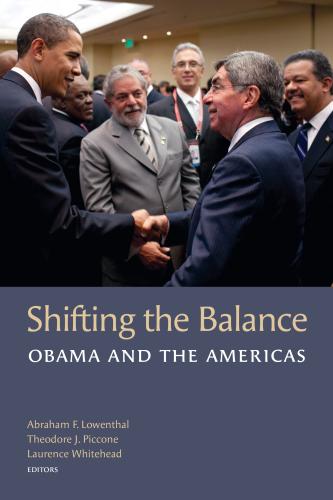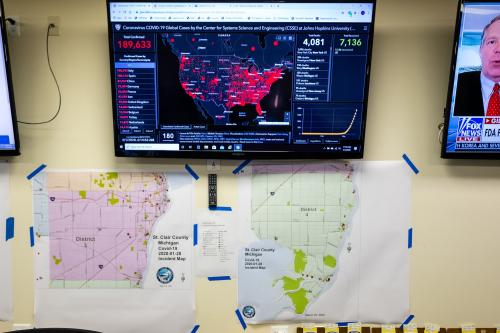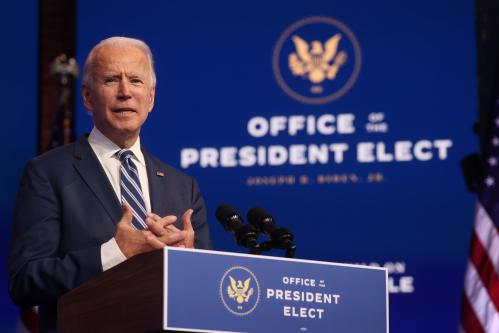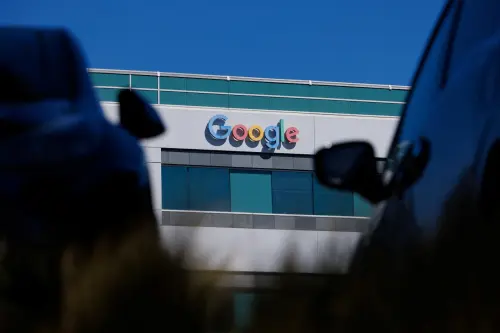As the new Biden administration sorts through its priorities, combatting the COVID-19 pandemic easily rises to number one. Nothing else is possible without first addressing the pandemic. But a key element in any pandemic control strategy is to make sure people receive accurate information about both the disease itself and the necessary steps to take to combat it. This information includes effective public health preventive measures such as mask wearing and social distancing, and the safety, effectiveness and availability of vaccines and treatments.
How can reliable information be conveyed in an age of legacy media and social media misinformation? Most but not all of the traditional media outlets in cable, broadcasting, and print have performed responsibly, urging mask wearing and social distancing while accurately reporting outbreaks and progress in developing vaccines. Social media companies have stepped up their efforts to delete, delay, or demote inaccurate content, adopting the strongest measures of deletion and account removal for promoting dangerous practices that could cause serious injury or death.
Still, misinformation remains rampant. Wearing masks is not even close to universal and social distancing is practiced sporadically at best. Even with 250,000 deaths in the U.S. and with hospital ICUs throughout the country filled to the brim, many people still seem to believe that getting COVID is no worse than a bad cold or the flu.
Part of this misunderstanding is attributable to misinformation coming from government officials. Given their role of informing the public on the activities and statements of public officials, it is hard for journalists and social media companies not to distribute comments from these officials or to suppress images of their behavior that encourages activity contrary to public health recommendations. Media companies were doing their best in this complicated situation, and now the level of misinformation coming from government officials is likely to diminish with the new Biden administration.
What else can government and social media companies do to combat the flow of misleading information about health crises like COVID 19? A new report from the Forum on Information & Democracy presents thoughtful recommendations on how to slow down infodemics, which it defines as the false or manipulated online spread of information about epidemics. Although their concern was health misinformation, their recommendations apply more broadly to false and misleading information in other areas.
Launched at the end of 2019 by 11 non-governmental organizations, the Forum on Information and Democracy created a working group on infodemics in June 2020 to respond to the information chaos on online platforms and social media. Its steering committee was co-chaired by Maria Ressa, CEO of the investigation website Rappler in the Philippines, and Marietje Schaake, the former Member of the European Parliament now with the Stanford Cyber Policy Center. A team of rapporteurs led by Delphine Halgand-Mishra complied the group’s recommendations for governments and digital platforms.
Among its recommendations are:
- Transparency requirements relating to core digital platform functions including content moderation, content ranking, content targeting, and social influence building.
- Platforms should follow a set of human rights principles for content moderation based on international human rights law: legality, necessity and proportionality, legitimacy, equality and non-discrimination.
- Platforms should assume a voluntary obligation of pluralism modeled on the fairness doctrine for broadcasters.
- Safety and quality standards of digital architecture and software engineering should be enforced by a Digital Standards Enforcement Agency.
- Conflicts of interests of platforms should be prohibited to avoid the information and communication space being governed or influenced by commercial, political, or any other interests.
The report reinforces the call of many experts such as Tom Wheeler, Chair of the Federal Communications Commission under President Obama, for a new digital platform regulator. It should be required reading for the incoming officials in the new Biden administration.
Tom Wheeler is also something of a historian of technology. In his book From Gutenberg to Google he recounts how companies in the United States that built the railroads, constructed telegraph and telephone networks, and deployed the other emerging technologies of the 19th and early 20th Century initially made their own rules. Eventually, the public demanded, and the government provided, regulations to protect the public interest. Regulation of companies providing essential services became the norm throughout much of the twentieth century.
Unfortunately, U.S. policymakers forgot that lesson around 40 years ago and allowed tech companies to grow under their own rules, much as the early railroad barons had. Fortunately, that has changed. Political leaders on both sides of the U.S. partisan divide now recognize the need for a more active role for government in regulation. Republican Senator Marco Rubio and Democratic Senator Mark Warner have both called for an industrial policy for tech and other measures to bring social media companies under social control.
This regulatory agenda for social media companies will have to be one of the priorities of the new Biden administration and is likely to have bipartisan appeal. The new report from the Forum on Information & Democracy, although crafted as a response to the infodemic that has accompanied COVID 19, provides a blueprint of regulatory measures for social media companies that can guide policymakers in the new Biden administration.
The Brookings Institution is committed to quality, independence, and impact.
We are supported by a diverse array of funders. In line with our values and policies, each Brookings publication represents the sole views of its author(s).










Commentary
How the new Biden administration can control infodemics
November 18, 2020